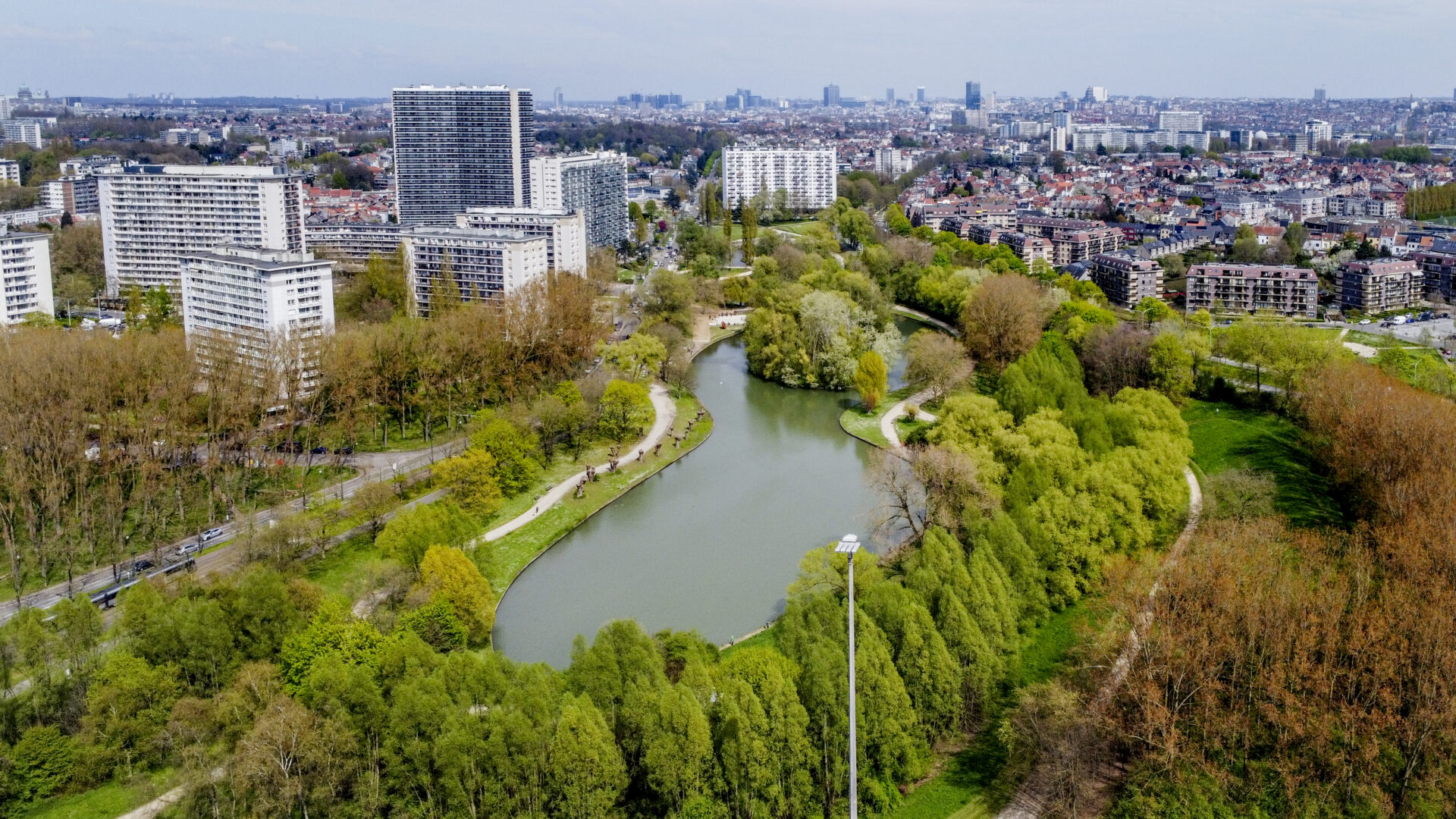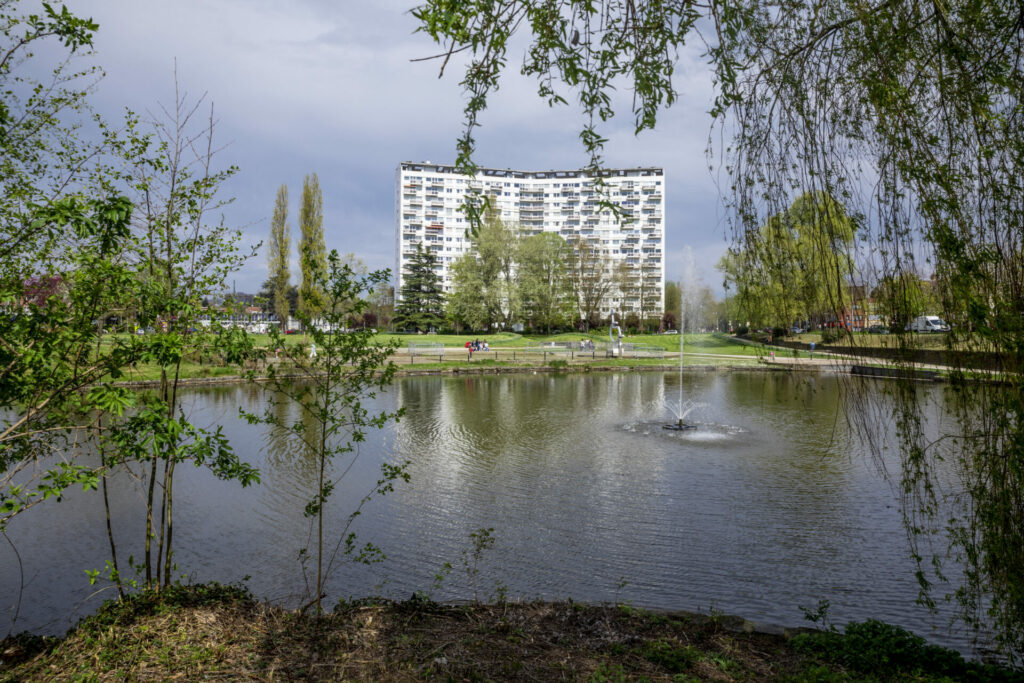Brussels residents will have a new place to swim from 2026, as works to create a natural swimming pond on the Neerpede site in the Brussels municipality of Anderlecht will begin next year, announced Regional Environment Minister Alain Maron on Friday.
The environmental quality of the Neerpede site in Anderlecht – a vast green area of 400 hectares – will be improved, while various recreational and agricultural activities will be organised, including the development of a 40-hectare waterfront park.
"Brussels residents yearn for quality green spaces, for their health and well-being. Brussels also lacks places where people can bathe in the open air, as was possible 50 years ago," said Maron in a press release. "So the construction of a natural swimming pond in the park will offer Brussels residents a unique swimming and relaxation experience in an enhanced natural setting."
Ensuring enough space
Specifically, the swimming pond will be accessible during the summer period (from May to September), after reservation, "for a democratic price," Maron's office said. Booking in advance has the advantage of spreading the number of people over the day and avoiding large crowds in the park and around the bathing area.
To ensure good water quality, a maximum of 225 bathers will be allowed on-site at a time – a limit set to stay within the capacity of the helophyte filter and available space in and around the pond. However, that maximum number may be reduced depending on circumstances, especially the first months after the opening, to ensure the gradual integration of this activity on the site.
When that maximum capacity is reached, each person will have 21 m² of water space, which is well above the legal standards for swimming pools (2 m² to 3 m² per person) – giving swimmers enough space to enjoy the natural swimming area while respecting each other and the environment.

One of the ponds in Neerpede Park. Credit: Belga / Hatim Kaghat
During the winter period (from October to April), the pond will be regularly accessible to Brussels sports clubs for a few hours a week. Brussels Environment will also examine the possibility of granting access to dog training clubs during the winter period.
Currently, most of the water bodies of this future park have been covered in concrete: they suffer from poor water quality and a lack of biodiversity. The concreted banks of the Mayfair and Moyen ponds will be completely given back to nature.
Maron added that he is satisfied with the redevelopment plans for the park, as "this green lung – which is so important for our Region – urgently needed an upgrade to improve its environmental qualities, including biodiversity."
Related News
- Why a kayak crew is cleaning Brussels' canal
- Brussels Art Deco pool at Résidence Palace 'must be renovated' by 2025
- Brussels open-air pool Flow nominated for European Architecture Awards
Importantly, water quality will also be monitored regularly, as will the impact of the project on biodiversity and the site. The planned improvement of water quality – particularly thanks to the zone with helophyte vegetation – and the renaturation of the pond and its banks will directly benefit local flora and fauna.
The operating conditions of the bathing area will be specified in the environmental permit and may evolve, if necessary, depending on the on-site assessment.

